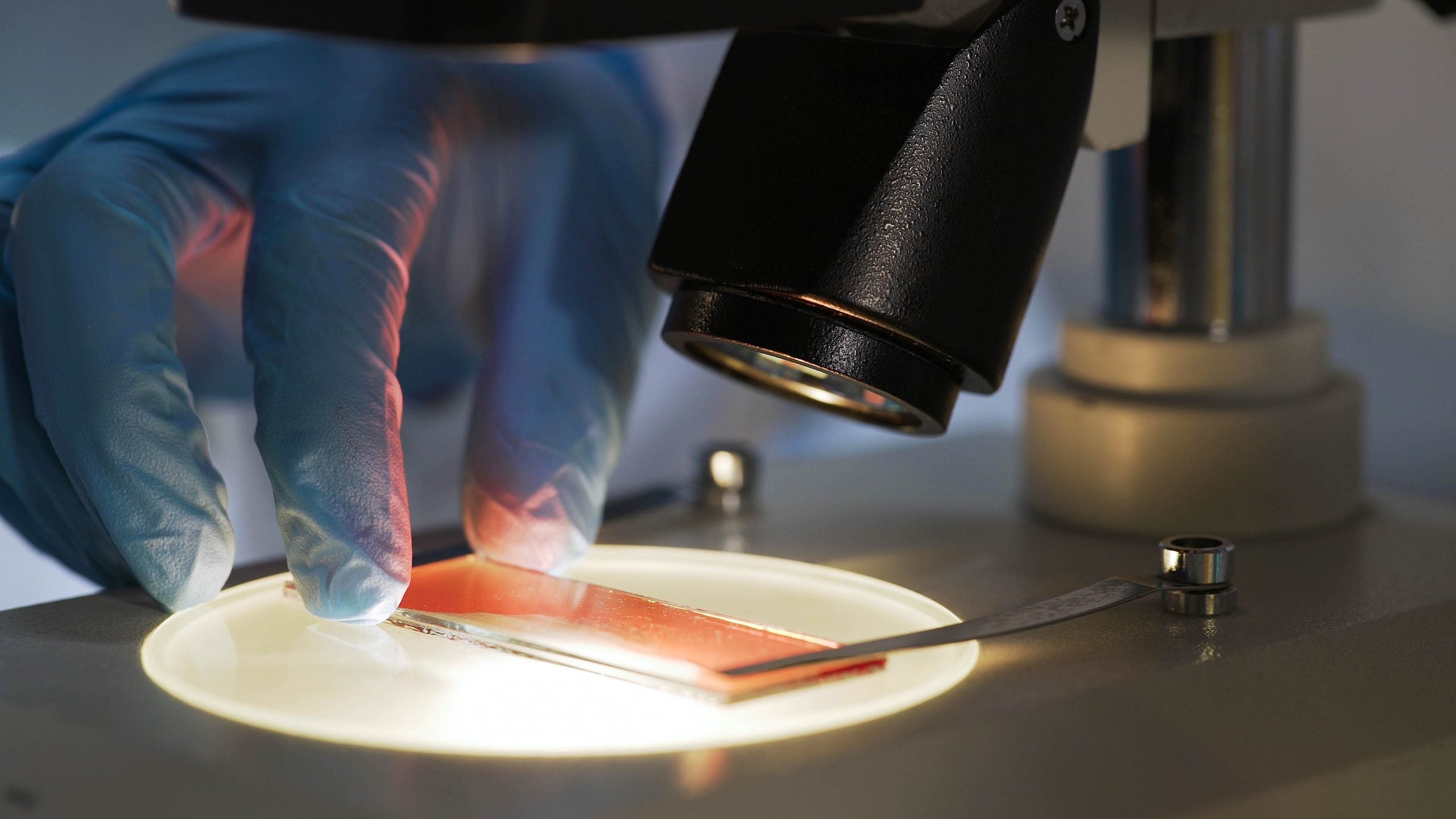

Pfizer has announced that the US Food and Drug Administration (FDA) has accepted a biologics license application (BLA) for fidanacogene elaparvovec to treat adults with haemophilia B.
The European Medicines Agency (EMA) has also accepted a marketing authorisation application (MAA) currently under review.

Discover B2B Marketing That Performs
Combine business intelligence and editorial excellence to reach engaged professionals across 36 leading media platforms.
This latest submission from Pfizer is built on data gathered in its ongoing Phase III BENEGENE-2 study (NCT03861273). It enrolled 45 participants who had completed at least six months of routine factor IX (FIX) prophylaxis therapy in the lead-in study (NCT03587116) and received a dose of fidanacogene elaparvovec.
The study found that patients treated with the gene therapy saw a 71% reduction in annual bleeding rate.
In particular, the BLA and MAA submissions drew from a 15-month data cut. Participants will continue to be followed for up to 15 years – six as part of the BENEGENE-2 study and a further nine as part of a separate Phase III study (NCT05568719) to gauge long-term safety and efficacy.
The treatment has already been granted breakthrough, regenerative medicine advanced therapy (RMAT), and orphan drug designation by the FDA, which has set a Prescription Drug User Fee Act (PDUFA) goal date in the second quarter of 2024.

US Tariffs are shifting - will you react or anticipate?
Don’t let policy changes catch you off guard. Stay proactive with real-time data and expert analysis.
By GlobalDataPfizer’s fidanacogene elaparvovec is a novel, investigational gene therapy that contains a bio-engineered adeno-associated virus (AAV) capsid (protein shell) with a high-activity variant of the human coagulation FIX gene.
The FIX gene is responsible for producing a vital blood clotting protein. Haemophilia B results from this gene being missing or defective. As it stands, affected patients pay as much as $32m for treatment over their lifetime, requiring regular doses to manage their condition.
As a result, gene therapies have emerged as an exciting new treatment for haemophilia B, only requiring a one-time treatment and potentially cutting costs, despite carrying a hefty price tag themselves.
But Pfizer already faces tough competition in this arena. CSL, a big player in haemophilia treatment, has already made it to the market. Hemgenix was approved as the first gene therapy for haemophilia last year, with the first patient being treated earlier this month.
Competition is likely to intensify as more manufacturers race to market. Haemophilia B development pipelines have long been dominated by gene therapies. According to GlobalData’s clinical trials database, a further 27 haemophilia B gene therapies are currently in development.
GlobalData forecasts predict that the global market for haemophilia A and B treatments will grow to $14.7bn by 2030, up from $9.3bn in 2020. Gene therapies such as fidanacogene elaparvovec and Hemgenix will drive this growth, meeting unmet needs in treatment such as lower costs and higher convenience.
GlobalData is the parent company of Pharmaceutical Technology.
Cell & Gene Therapy coverage on Pharmaceutical Technology is supported by Cytiva. Editorial content is independently produced and follows the highest standards of journalistic integrity. Topic sponsors are not involved in the creation of editorial content.




